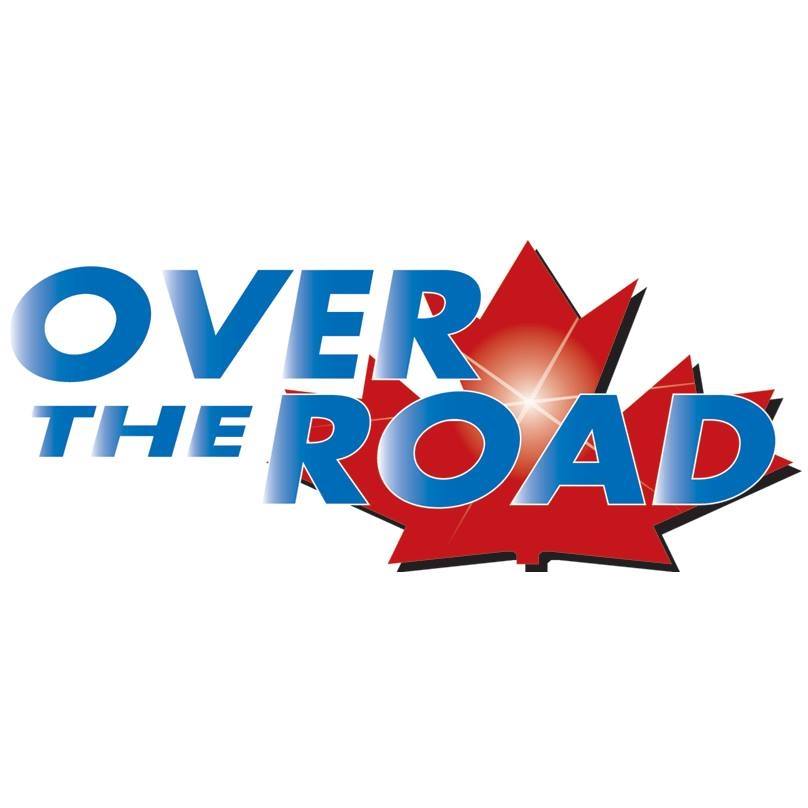January is New Beginnings

After celebrating the beginning of a new year I’m always reminded of the two actors who usually play father time. One old long bearded wrinkly fella and another one jumping around in a diaper. Actually the old guy may have a diaper too but we can’t tell under his robe. It represents wrapping up the old year and ushering in the new beginnings. So lets clean up your finances!
Your about to go to your accountant again, complete with your shoe box full of receipts and statements. You are tempted to put the meeting off because you don’t know what to expect for your tax bill. Blood thirsty vultures! …Not the accountant the tax man!
Since the publication of my book I’ve talked with accountants coast to coast. After only a couple minutes we generally settle into a respectable understanding of the accounting industry. In my experience, there seems to be a vast amount of difference in information, standards and understandings about the tax opportunity. Let’s go over the basics as it applies to changing.
Over eighty percent, possibly even ninety percent or more of all lease/owner operators are classified as “self-employed”. They are that way because that’s how it’s always been done (which is a very sound argument for most accountants).
Most firms who complete tax returns for operators do not exclusively serve the trucking industry. Operators generally represent only 5-15% of the average accounting firm’s clientele. So when an operator goes to their accountant and tells them the new “going concern” is incorporating they ask if he/she can do it? Not wanting to loose a client, they say “sure” and the operator thinks they’re automatically saving the big bucks. Unfortunately, and too often, the accountant simply completes a corporate return in the same format as the self-employed status and, unknown to the operator, misses the best advantage. Everyone should be clear, using the estimated re-imbursement for job related costs (specifically per-dium) does not reflect the same cash and paper activity as does self-employed status. Everyone (especially the accountant) needs to understand the system first, then decide if their firm wants to defend the systems application to Canada Revenue Agency.
An overview of the system has three primary points: only employees can qualify (hence incorporation), they must have an employer-employee agreement, and the agreement must be FOLLOWED. CRA is pretty clear about all three. Accountants instinctively know CRA will be focusing on the “followed” part. The general rules of the system in combination with the Employee Agreement must be reflected in the remittances and audit trail. It is at this point where many accountants loose interest in the system.
Accountants want to be assured that their firm’s version of “followed” matches CRA’s version. If they’re not intimately knowledgeable about the application of the system, many firms just abandon the opportunity saying “CRA won’t allow it”. However, once firms become educated about the system, they must insure the corporation and driver fully complies. In a firm whose clientele is only 5-15% lease/owner operators this means added work and time for the accountant (a precious commodity for every firm). Most accounting firms can handle the paperwork but aren’t interested in accepting or even interested the training. In our experience, it takes approximately 2-6 months before an operator is comfortable with the new style of business transactions.
The final “nail” for the accountant usually comes in the form of CRA audits and defending the entire return. At present, very few firms seem to be willing to openly defend it. They either say “it’s too risky” or require clients sign a waver. In other words the operator becomes “self-ensured”. When an audit occurs they are on their own. If the accountant was “just guessing” on how to “follow” the rules (and the guesses end up being wrong) it’s the operator who pays not the accountant. It’s a sobering dilemma. A dilemma that will probably disappear in 3-8 years (once the accounting industry and rogue auditors coast to coast fully understands the application) but until then I recommend operators either personally know what they are doing themselves or find the firms with a complete package specializing in applying and defending per diums (subsistence allowance).
If the whole opportunity seems more bothersome than you’d like, then keep everything the same, just don’t complain when those who use the system pay $6-8000 per year less than you do. Nothing really good comes easily, especially in beginning new things.
